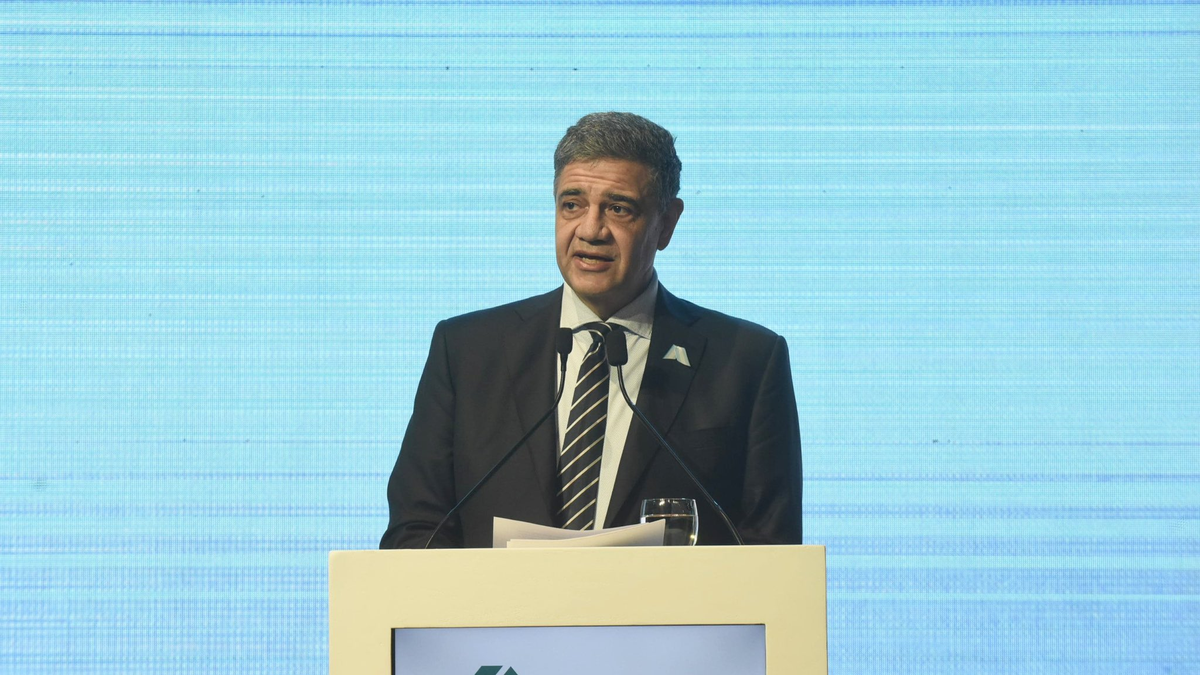If the new monetary scheme that the Minister of Economy plans to implement is successful, Luis Caputo, with the head of the Central Bank (BCRA), Santiago Bausili, the city You may lose up to 20% of your gross income tax revenue. This is because the new letters that the Central Bank will begin to deliver to the banks in replacement of the current passes could not be covered by the City tax.
It is about the Monetary Regulation Letters (LEREMO) that the BCRA is going to start delivering to banks in replacement of the current passes (previously they were Leliqs and before that, Lebacs).
In principle, the Leremo, being bonds of the National State, could not be covered by the City tax, which is also replicated in some provinces. CABA imposes an 8% rate of Gross Income for financial intermediation operationswhich also covers the summaries of the credit cards and passes.
Consequently, it is likely that the head of government of the Autonomous City of Buenos Aires, Jorge Macr i, will need more than ever that President Javier Milei enables the Supreme Court ruling that forces the National State to to give him back the point of Federal Co-participation that Alberto Fernández had taken from him.
Co-participation: the previous government reduced the percentage to CABA
It is worth remembering that this imposition arose when the government of Alberto Fernandez decided to reduce by decree to CABA the percentage of Federal co-participation for approximately one point to give it to the province of Buenos Aireswhose governor was going through a crisis with the Buenos Aires police at the time over requests for salary increases and the risk of being quartered.
Faced with this, Horacio Rodriguez Larretawho was the head of the Buenos Aires government, promoted in the legislature the extension of Gross Income to financial intermediation, and considered as such the monetary regulation operations of the Central Bank. At the same time filed a lawsuit before the Supreme Court.
Technically you could say that When a bank takes money from its clients on a fixed-term deposit and transfers it to the Central Bank, the latter pays interest.which in itself constitutes an intermediation, although its purpose is primarily to remove pesos from circulation to control inflation.
The dispute over the Buenos Aires tax
Rodríguez Larreta had promised to eliminate this tax as long as the federal government returned the revenue sharing points.. Now the one who administers CABA is Jorge Macri, who already has the Supreme Court ruling in his favor and asks Javier Milei to pay him.
According to the economist Alejandro Pegorarobased on data collected by the Argentine Institute of Fiscal Analysis (IARAF) for 2023the rate of 8% of the city’s Gross Income last year iimplied a 20% growth in revenue, which would indicate the impact of this tax and what it currently represents in the total amount produced for the Buenos Aires treasury.
In accordance with According to IARAF, last year the Buenos Aires government would have obtained some $795,000 million of more than a total of $2.2 billion. To reach this conclusion, the IARAF compared the increase in revenue from 2023, compared to the income of Buenos Aires, Mendoza and Córdoba, which are economically similar districts.
Although now with the new regulation letters the City will no longer be able to count on these revenues, the truth is that it is an imposition that arose provisionally waiting to recover income from another source. That is, it was supposed to be withdrawn. But while the Central Bank’s transfers may disappear, credit card statements remain, which generate income to a lesser extent.
Source: Ambito




